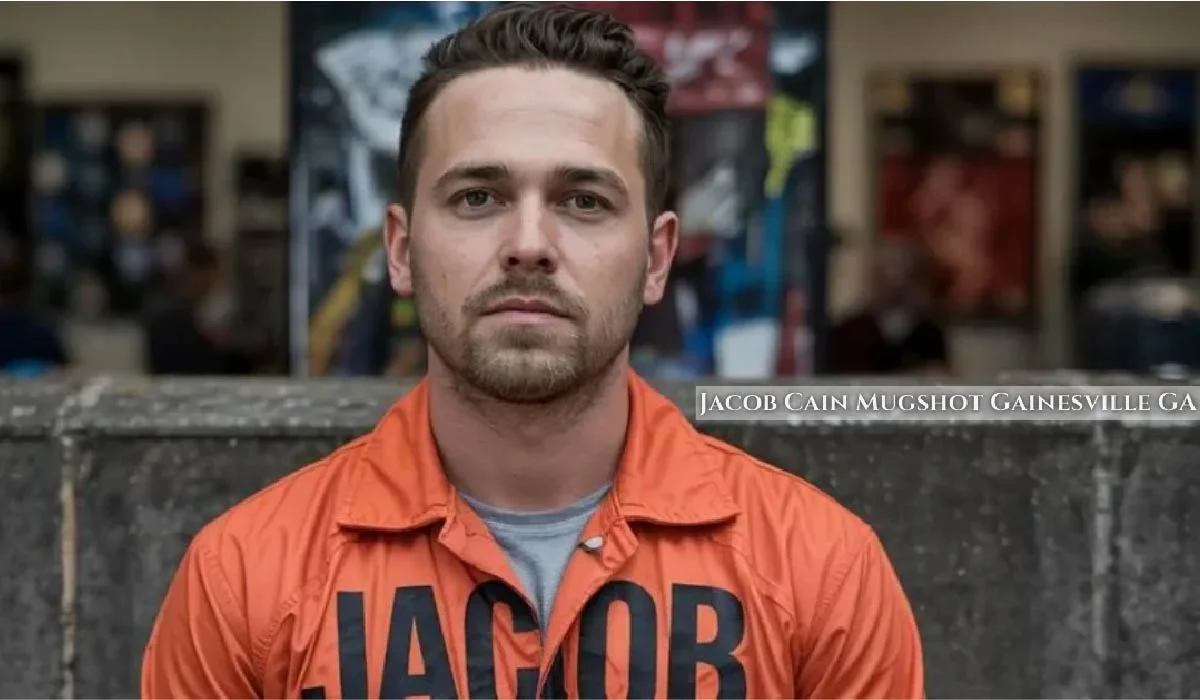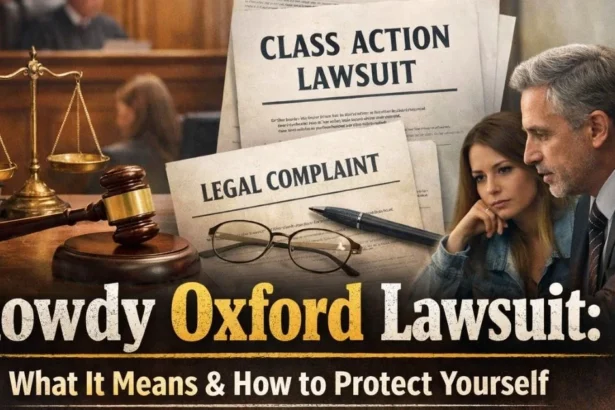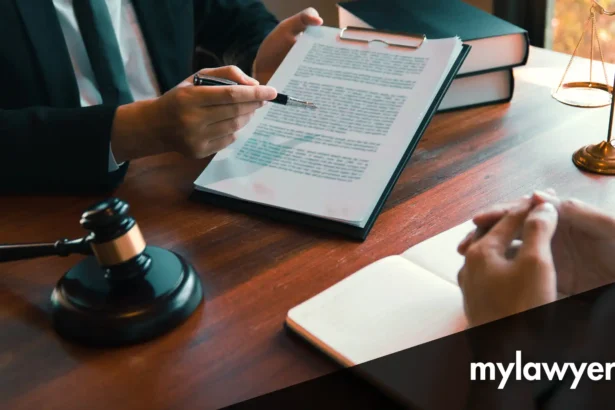When a mugshot circulates online, it often sparks immediate curiosity and speculation. The case of Jacob Cain from Gainesville, GA is no exception. His arrest photo has generated significant attention across social media platforms and local news outlets, prompting questions about what happened, the charges involved, and the legal proceedings that followed.
- Who Is Jacob Cain?
- Details of the Arrest
- Understanding Georgia’s Arrest and Booking Process
- The Public Nature of Mugshots
- Legal Rights After an Arrest in Georgia
- The Impact of Online Mugshot Distribution
- What Happens Next in Legal Proceedings?
- Lessons About the Justice System and Public Records
- Moving Forward: What This Means for Gainesville and Beyond
- Understanding the Full Picture
This article examines the facts surrounding the Jacob Cain mugshot Gainesville GA case, explores the broader implications of public mugshot distribution, and explains what happens after an arrest in Georgia’s legal system.
Who Is Jacob Cain?
Jacob Cain is a Gainesville, Georgia resident whose mugshot became widely circulated following his arrest. While limited public information exists about his personal background, the dissemination of his arrest photo has raised questions about the circumstances leading to his detention and the nature of the charges filed against him.
Gainesville, located in Hall County, serves as a hub for North Georgia and has its own municipal court system as well as connections to the Hall County Superior Court for more serious offenses. Understanding the local judicial framework helps contextualize how cases like Cain’s proceed through the system.
Details of the Arrest
The specifics surrounding Jacob Cain’s arrest remain somewhat limited in publicly available records. What is known is that his mugshot was taken following his booking at a local law enforcement facility in Gainesville, GA. Mugshots are standard procedure when someone is arrested and processed into custody, regardless of the severity of the alleged offense.
Georgia law enforcement agencies routinely photograph individuals upon arrest as part of the booking process. These images become part of the public record and are often published on county sheriff websites, local news platforms, and third-party mugshot databases.
The circulation of the Jacob Cain mugshot Gainesville GA has led to widespread online discussion, though it’s important to remember that an arrest does not equate to guilt. The legal principle of “innocent until proven guilty” remains foundational to the American justice system.
Understanding Georgia’s Arrest and Booking Process
When someone is arrested in Georgia, they go through several standardized steps:
Booking: The individual is brought to a detention facility where personal information is recorded, fingerprints are taken, and a mugshot is captured.
Initial Appearance: Within 72 hours of arrest (or the next court day), the arrested person typically appears before a judge who informs them of the charges and sets bail conditions.
Bond Hearing: Depending on the charges, a bond may be set allowing the person to be released from custody pending trial.
Preliminary Hearing or Grand Jury: For felony charges, the case either goes through a preliminary hearing or is presented to a grand jury to determine if there’s sufficient evidence to proceed.
Arraignment: The defendant enters a plea (guilty, not guilty, or no contest) to the charges.
Trial or Plea Agreement: The case either proceeds to trial or is resolved through a negotiated plea agreement.
Understanding this process provides context for where Jacob Cain’s case may stand within Georgia’s judicial system.
The Public Nature of Mugshots
One significant aspect of the Jacob Cain mugshot Gainesville GA situation is how quickly arrest photos can spread online. Georgia follows an open records policy, meaning arrest records and mugshots are generally accessible to the public.
Several factors contribute to the widespread distribution of mugshots:
County Websites: Many sheriff’s offices publish booking photos on their official websites as a matter of transparency and public safety.
News Media: Local news outlets often report on arrests, particularly those involving serious charges or public interest.
Third-Party Websites: Numerous commercial websites aggregate mugshots from various jurisdictions and publish them, sometimes charging removal fees.
Social Media: Once a mugshot enters the digital ecosystem, it can be shared rapidly across platforms like Facebook, Twitter, and Reddit.
This accessibility raises important questions about privacy, reputation, and the presumption of innocence. Even if charges are later dropped or a person is found not guilty, their mugshot may remain online indefinitely, potentially impacting employment prospects, personal relationships, and mental health.
Legal Rights After an Arrest in Georgia
Anyone arrested in Georgia, including Jacob Cain, retains certain constitutional rights throughout the legal process:
Right to Remain Silent: The Fifth Amendment protects individuals from self-incrimination. Anything said to law enforcement can be used in court.
Right to an Attorney: The Sixth Amendment guarantees legal representation. If someone cannot afford an attorney, one will be appointed.
Right to a Speedy Trial: The accused has the right to have their case heard without unnecessary delay.
Right to Bail: In most cases, defendants have the right to post bail and be released from custody while awaiting trial, though this can be denied for certain serious offenses or flight risks.
Right to Due Process: All legal proceedings must follow established rules and procedures to protect the defendant’s rights.
These protections ensure that the legal system operates fairly, regardless of the nature of the charges or public attention surrounding a case.
The Impact of Online Mugshot Distribution
The proliferation of mugshots online has become a significant issue in recent years. For individuals like Jacob Cain whose photos have circulated widely, the consequences can extend far beyond the courtroom:
Employment Challenges: Many employers conduct background checks and online searches. A readily available mugshot can create bias before a candidate even has the chance to interview.
Social Stigma: Friends, family, and community members may form judgments based solely on an arrest photo, regardless of the case outcome.
Digital Permanence: Unlike traditional media that fades over time, online content can persist indefinitely, making it difficult to move past a mistake or false accusation.
Mental Health Effects: The stress of public scrutiny combined with legal proceedings can take a significant toll on an individual’s psychological well-being.
Some states have enacted legislation to address these concerns, including restrictions on mugshot publication or requirements for removal after case dismissal. However, Georgia has not implemented comprehensive protections in this area.
What Happens Next in Legal Proceedings?
The trajectory of Jacob Cain’s case will depend on several factors, including the specific charges, evidence presented, and whether the case proceeds to trial or is resolved through a plea agreement.
Common outcomes in criminal cases include:
Dismissal: If evidence is insufficient or procedural errors occurred, charges may be dropped entirely.
Plea Agreement: The majority of criminal cases are resolved through negotiated pleas, where the defendant agrees to plead guilty to reduced charges in exchange for a lighter sentence.
Trial: If no agreement is reached, the case proceeds to trial where a judge or jury determines guilt or innocence.
Sentencing: If convicted, the defendant receives a sentence that may include fines, probation, community service, or incarceration.
Appeal: Defendants have the right to appeal convictions if they believe legal errors affected the outcome.
Each case is unique, and the specific details surrounding the Jacob Cain mugshot Gainesville GA situation will ultimately determine how his legal proceedings unfold.
Lessons About the Justice System and Public Records
The attention surrounding the Jacob Cain mugshot Gainesville GA case highlights broader issues within the criminal justice system and public records accessibility. Several important considerations emerge:
Presumption of Innocence: An arrest is an accusation, not a conviction. Everyone deserves the opportunity to defend themselves in court before being judged by the public.
Records Reform: There is growing debate about whether mugshot publication serves legitimate public safety purposes or merely perpetuates harm to individuals who may be innocent or have served their time.
Digital Literacy: Understanding how information spreads online can help individuals protect their reputations and make informed decisions about what they share.
Legal Support: Anyone facing criminal charges should seek qualified legal representation to navigate the complexities of the justice system and protect their rights.
Moving Forward: What This Means for Gainesville and Beyond
Cases like Jacob Cain’s serve as reminders that the intersection of law enforcement, public records, and digital media creates complex challenges for individuals and communities alike. Gainesville, like many Georgia cities, must balance transparency and accountability with fairness and the presumption of innocence.
As discussions about criminal justice reform continue at both state and national levels, questions about mugshot distribution, expungement policies, and rehabilitation opportunities remain central to creating a more equitable system.
For those following the Jacob Cain mugshot Gainesville GA case, it’s important to remember that court proceedings take time and that outcomes should be based on evidence and legal standards rather than public opinion or online speculation.
Understanding the Full Picture
The circulation of the Jacob Cain mugshot Gainesville GA has generated significant public interest, but the full story extends beyond a single photograph. Understanding the arrest process, legal rights, and potential outcomes provides important context for evaluating any criminal case.
Whether you’re personally affected by similar circumstances, interested in criminal justice issues, or simply curious about this particular case, approaching the situation with nuance and respect for due process is essential. The American legal system is built on the principle that everyone deserves fair treatment under the law, regardless of public attention or initial appearances.
As Jacob Cain’s case moves through the legal system, the facts will continue to emerge. Until then, the most responsible approach is to withhold judgment and allow the judicial process to unfold as designed.











